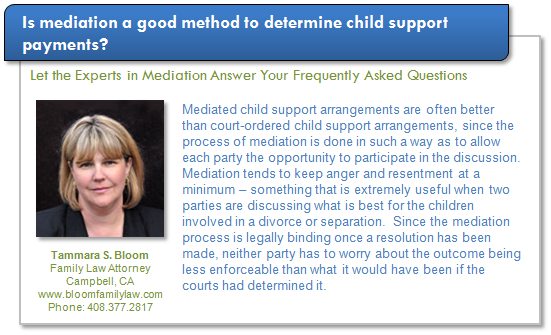In conflict resolution theory, experts suggest multiple strategies for how to best handle disputes between people. Within those strategies, collaboration and communication are highlighted as essential elements to bring any conflict to a successful resolution. Put simply, without collaboration and communication, conflict resolution can be slowed, stalled, and even unsuccessful.
Another point that is often raised in conflict resolution theory is the necessity of recognizing that in most cases, the other person is not necessarily trying to “be difficult” or “make life difficult” for you. When you learn to separate the person from the problem, it is much easier to approach the issue from a more rational point of view without permanently damaging the relationship of the two parties in dispute.
Prepare to invest time and effort. Good
mediation is hard work, and it can take a long time. Mediators often have to tactfully teach disputants how to communicate supportively and how to solve problems creatively and collaboratively. If you don’t have time to mediate properly, you’d be better off arbitrating.
Beyond this, the mediator (or mediators) must remain a neutral, third party, showing no favor for either client.
Mediators must clarify facts and policies, and make sure that the focus of the mediation process remains on interests, not the individual positions of either party. When the focus is taken away from a position – or a set outcome that is desired – the parties are more likely to work out a dispute fairly through compromise. A successful mediator must also be able to suggest creative alternatives and be able to see possibilities that are perhaps unseen by the parties involved in the dispute.
In fact, when conflict resolution is handled in the right way, both parties in the dispute feel empowered because they have been given a chance to state their side and have it evaluated by a neutral third party. This empowerment is part of the formula that makes mediation such a beneficial process, and is what helps bring about a successful conflict resolution.





